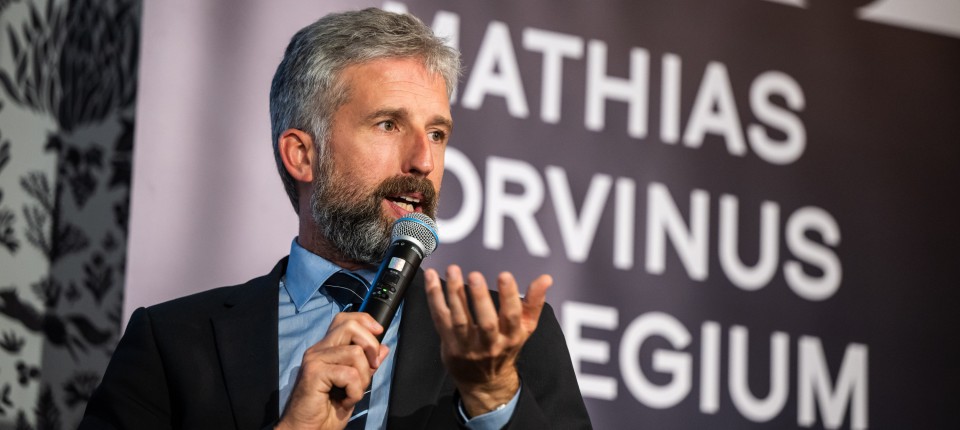Former German Green Party politician and current Tübingen Mayor Boris Palmer made a plea in Budapest for a greater willingness from German and Hungarian politicians to engage in dialogue with each other.
Palmer gave a lecture entitled “Across the Green Border” at the Mathias Corvinus Collegium in the Hungarian capital on Tuesday. In it, Palmer accused the German government of double standards in its dealings with Budapest.
“What distinguishes the pushbacks of the Greek navy from those of the Hungarian border guards? Are the Spanish fences of Ceuta and Melilla ethically made of different metals than the Hungarian ones?” Palmer asked, adding that the growing antagonism between Germany and Hungary is an opportunity to look at other points of view.
Europe cannot afford to exclude a country like Hungary at all, he said: “Geopolitically, Europe is on the defensive everywhere.”
Promotion of a more liberal migration policy
At the same time, the ex-Green also criticized Hungarian politics. In doing so, he referred to the example of the mayor of Ostelsheim, Ryyan Alshebl, who had come to Germany as an asylum seeker in 2015: “If it were up to Hungarian politics, a fence would have blocked his path to Europe (…) and Ostelsheim might have a less competent mayor.”
There is a lack of suitable professionals in Germany, Palmer warned, noting that small communities in Baden-Württemberg now have problems finding willing mayoral candidates.
Palmer accused Hungary’s Prime Minister Viktor Orbán of a lack of willingness to compromise:
“If, after so much wrangling, the EU agrees with Hungary’s view that effective border controls and border procedures are necessary, why (does) the Hungarian government reject the entire agreement, even a solidarity-based distribution mechanism that required taking in a few thousand recognized refugees in its own country?” Palmer asked, questioning whether Hungary wanted to be a state that no longer wanted to help people at all.





